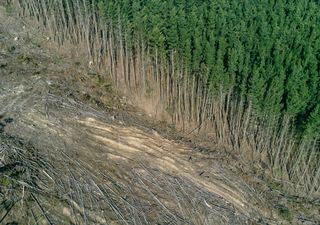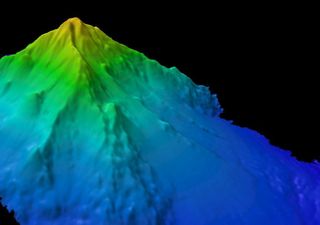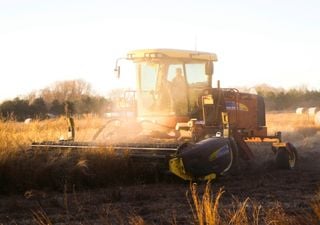
Forests have an amazing ability to capture and store atmospheric carbon dioxide, but they need more protection from threats such as wildfires and deforestation.

Kerry is a freelance writer and editor, specialising in science and health-related topics. As a freelance writer, her work has appeared in many scientific and medical magazines and websites, including the AZO portfolio, Forward, Patient and NS Media titles.
Kerry’s articles cover a wide range of topics including astronomy, nanotechnology, physics, medical devices, pharmaceuticals and mental health, but she has a particular interest in environmental science, Cleantech and climate change.
Kerry was previously Web Editor for Laboratory News, where she wrote news, comment and features covering a number of scientific topics. She was also responsible for commissioning and editing features, proofreading the magazine, and maintaining the title’s online presence.
Kerry is NCTJ trained, and has a degree in Natural Sciences from the University of Bath where she studied a range of topics, including chemistry, biology, and environmental sciences.

Forests have an amazing ability to capture and store atmospheric carbon dioxide, but they need more protection from threats such as wildfires and deforestation.

The James Webb Space Telescope has revealed a morning and evening side on WASP-39b, an exoplanet 700 light-years away from Earth.

Humans are often blamed for a decline in biodiversity, but a new study has shown that sometimes, humans can actually have a positive impact.

Researchers have repurposed an antenna on a Mars orbiter to help them better understand the Martian atmosphere at different times of the day, and year.

Study exploring the best way to keep cities cool finds white ‘cool roofs’ more effective than green, vegetation-packed roof tops.

High levels of fibreglass have been found in the soft tissues of oysters and mussels, which raises concerns about the health of the oceans.

Research reveals the over half of all meltwater on Antarctica’s ice shelves is slush, but isn’t accounted for in climate models.

Underwater mountains play an important role in storing carbon and heat, and understanding ocean circulation can impact future climate change forecasts.

A move towards healthier diets could see insect proteins become part of a more flexitarian diet by 2054.

A new study confirms that synthetic ‘forever chemicals’ can permeate human skin and reach the body’s bloodstream.

A new PhD research project will explore the link between climate change and microplastics from ageing plastics.

Athletes could be affected by extreme heat caused by a warming climate warn scientists ahead of this year's Paris Olympic Games.

Leading cause of anthropogenic nitrous oxide emissions is agriculture, namely fertiliser. Emissions must decrease, say scientists.

Decade-long study reveals untapped genetic potential of modern wheat varieties could help sustainable feed the global population.

New report finds human induced global warming is at an all-time high while the remaining carbon budget is lower than predicted.

A cutting-edge research project will sample environmental DNA in the air to help researchers learn more about the hidden biodiversity around us.

New research suggests focusing on reducing air pollution in cities will have a beneficial effect on the health of the most disadvantaged communities.

A new study finds biodegradable teabags shouldn’t be disposed of in domestic compost heaps, but why?

A nova explosion in a binary system 3,000 light years away will create a new, albeit temporary, star visible to the naked eye.

State-of-the-art weather forecasting models can be used to quantify the effects of greenhouse gas emissions at a local level.